Our 3 Locations
TMJ Treatment
Advanced TMJ Treatment for Long-Term, Individualized Solutions
A Common Concern
- Injury to the jaw, joint, or muscles caused by impact
- An eroded disk
- Arthritis in the joint
- A disk that has moved out of alignment
- Grinding your teeth
- Clenching caused by stress

Symptoms
- Headaches
- Locking jaw joints
- Dizziness
- Clenching or grinding teeth
- Hearing problems
- Swelling on the side of your face
- Upper shoulder and neck pain
- Earaches
- Pain or tenderness in the face and jaw
- Difficulty chewing
- Clicking or popping sounds in the jaw

Patients who suffer from TMJ disorders can experience a range of discomfort that can become severe and impact daily life.
Diagnosing TMJ Disorder
Our goal is to provide a solution that will treat the underlying cause of your TMJ disorder, not just address the symptoms. In order to effectively do this, we must first accurately diagnose your condition. We have implemented modern tools and techniques to ensure we are able to provide the most accurate diagnoses possible.
Using a cone-beam scanner and the T-Scan™ system, we are able to analyze your entire oral structure, especially areas where your jaws meet. Our practice is also equipped with BioJVA™ Joint Vibration Analysis, which measures friction and vibration patterns. With this information, we can identify if the joint itself is not functioning properly or if your discomfort rests in the muscles and other soft tissues. Dr. Shanahan is extensively trained in reviewing and interpreting these results to determine the best course of action for your treatment.

Effective Treatment Plans
The first step of treatment at our practice typically entails the use of a custom orthotic that can gently realign your jaws, allowing the joints and surrounding tissues to begin healing. This device can also provide important diagnostic information that helps us personalize further solutions for your unique case.
The TruDenta system incorporates ultrasound, low-level cold laser, microcurrent, and trigger-point manipulation for gentle, direct treatment. This combination allows Dr. Shanahan to create a long-term treatment that can improve your health instead of managing the side effects alone. To continue your improvement, we may include physical therapy and rehabilitation techniques as well. Our unique approach to treatment has allowed us to improve the comfort and lives of many patients within six to twelve weeks with lasting results.
The use of advanced technology has allowed us to redefine traditional TMJ care. TruDenta therapy only requires patients to undergo one-hour sessions for about six to eight weeks. Not only are these tools and techniques gentler in nature, but their non-invasive approach can also contribute to the overall calm and relaxed experience we strive to create. Overall, patients can expect comfortable, spa-like treatment.
